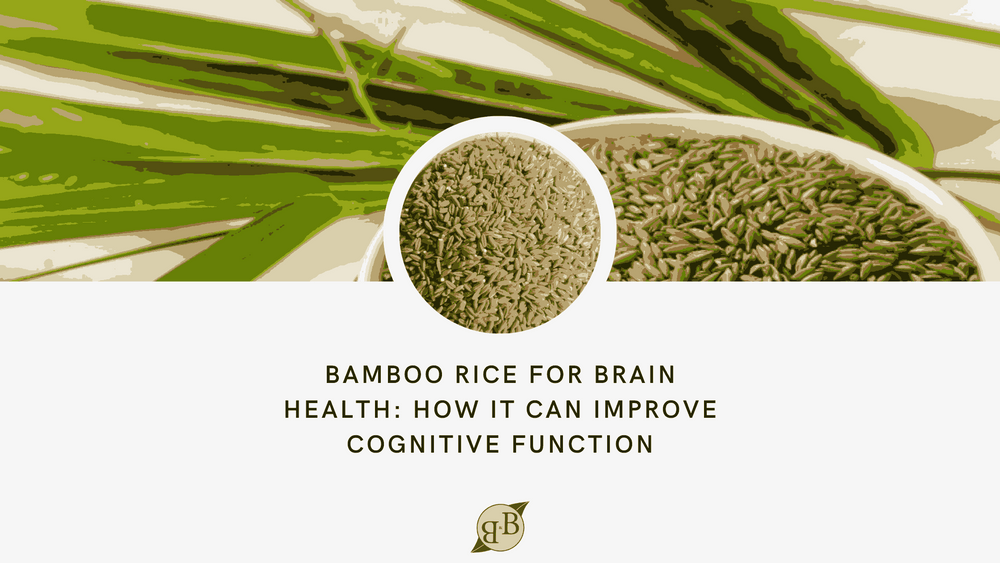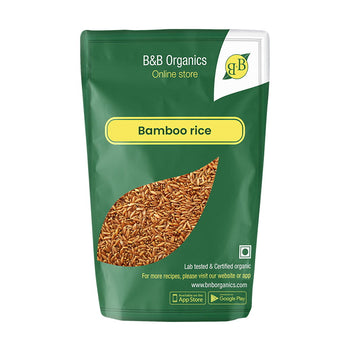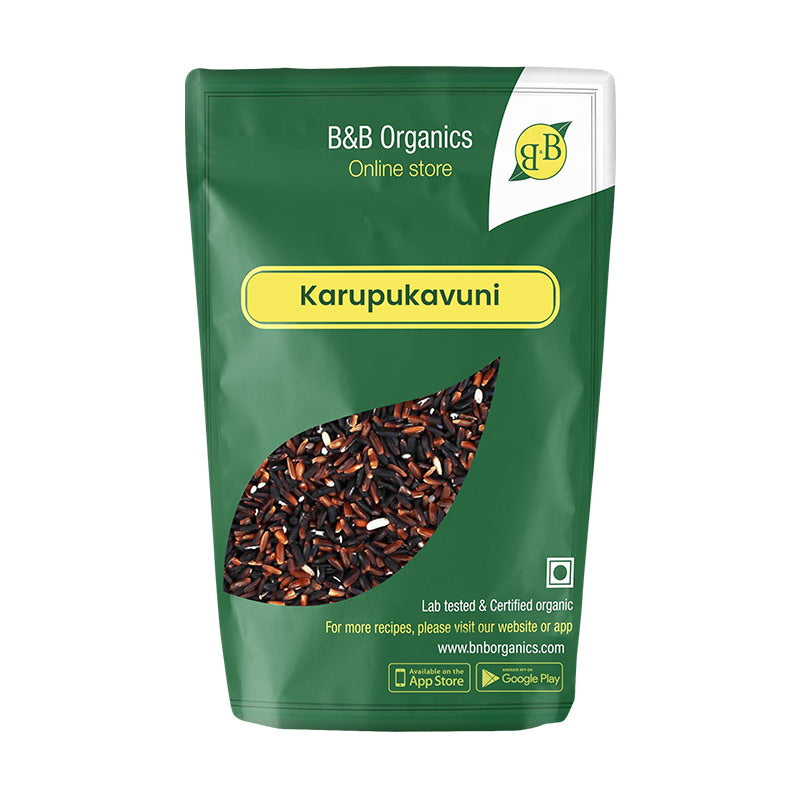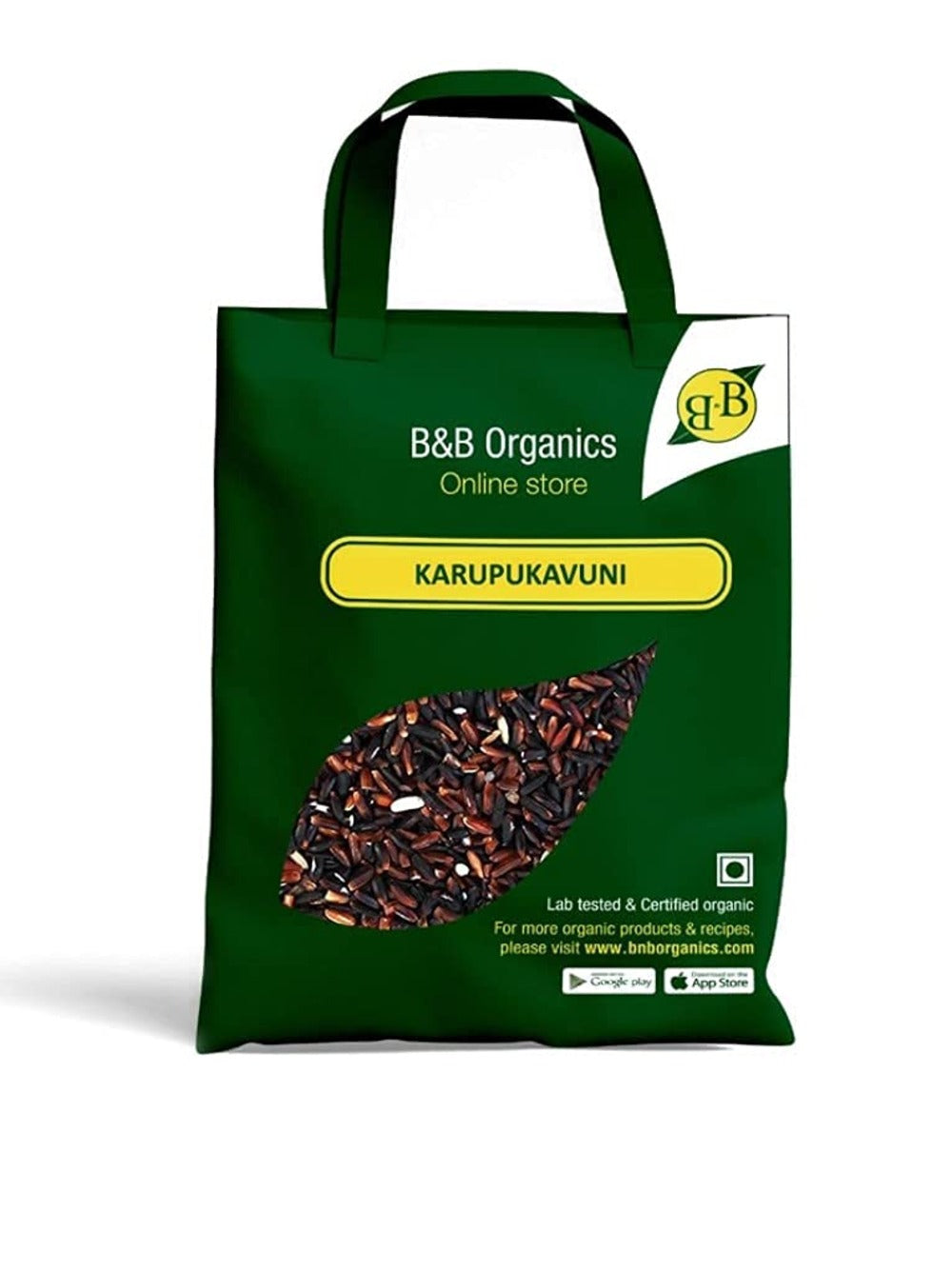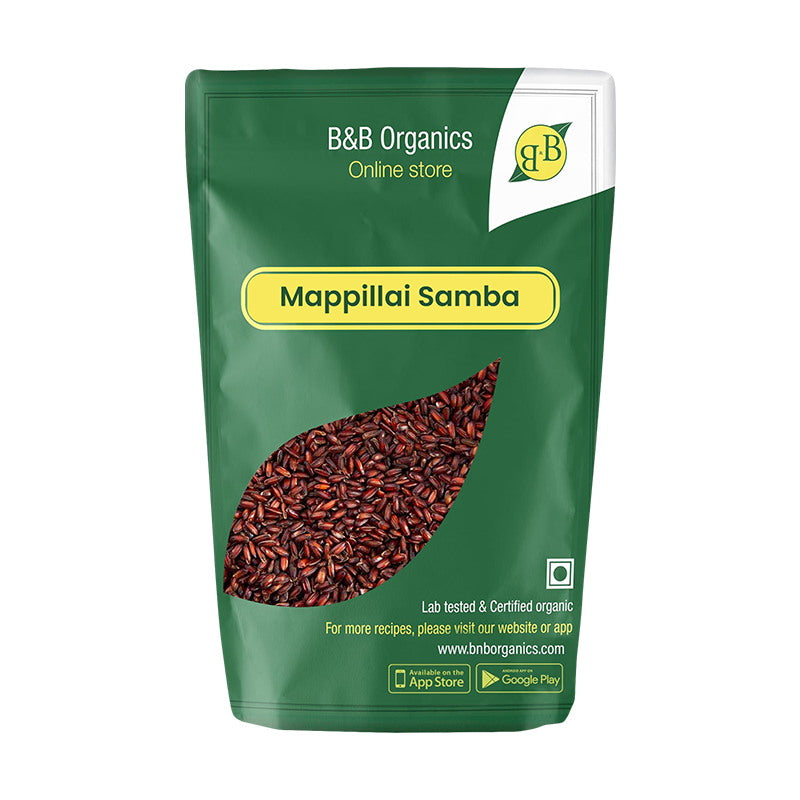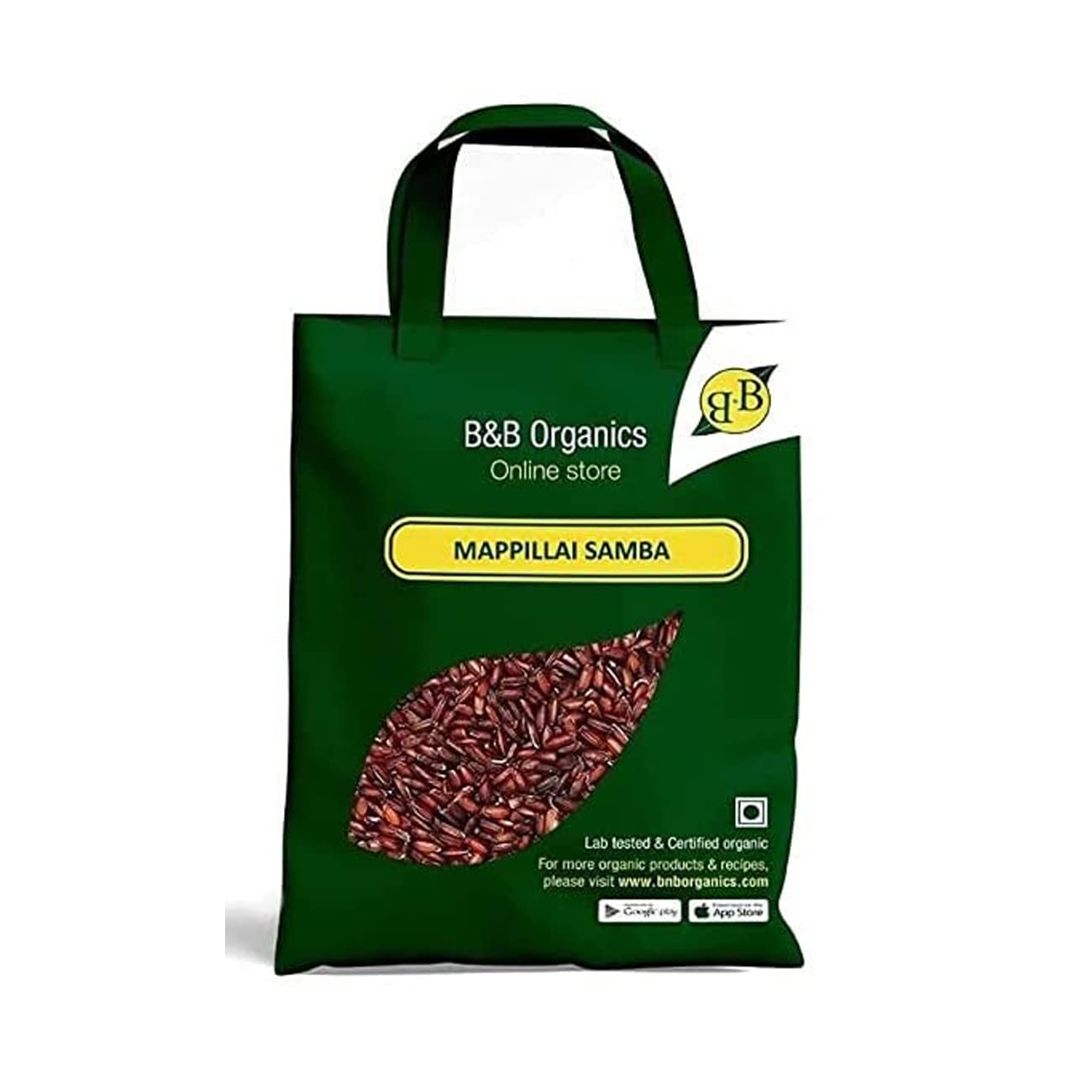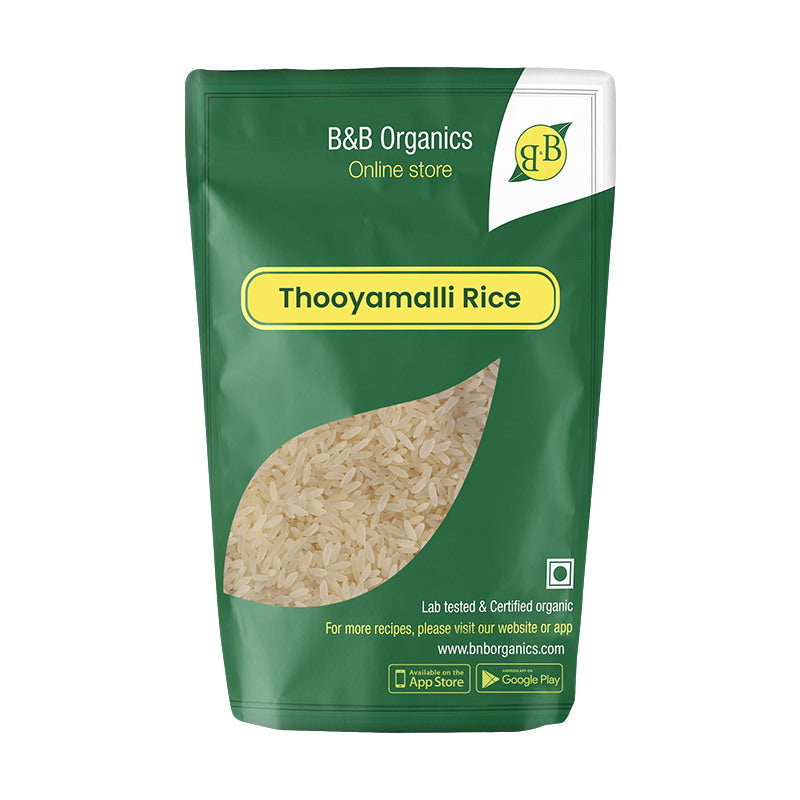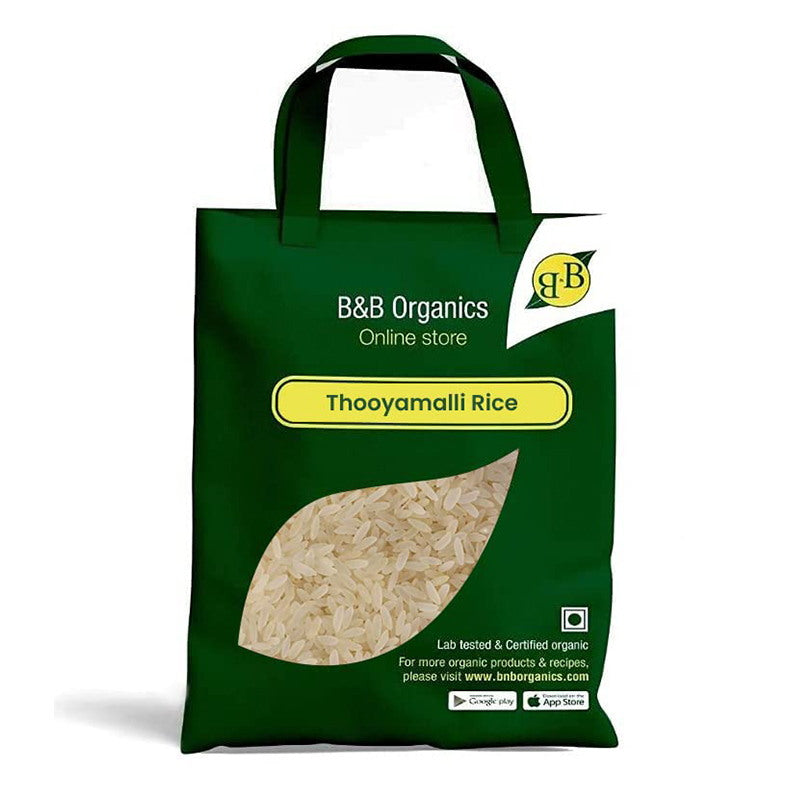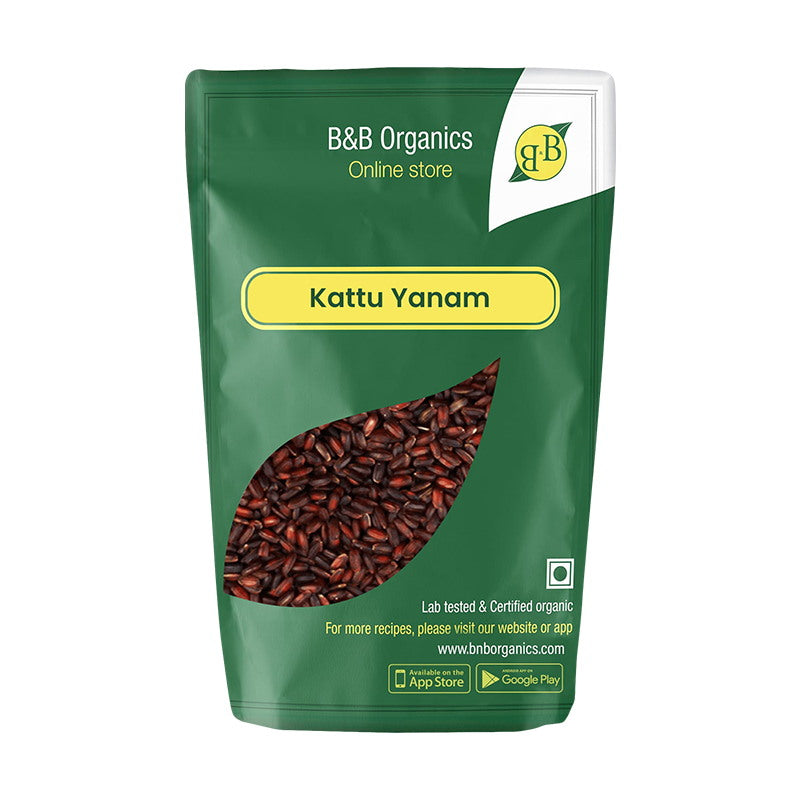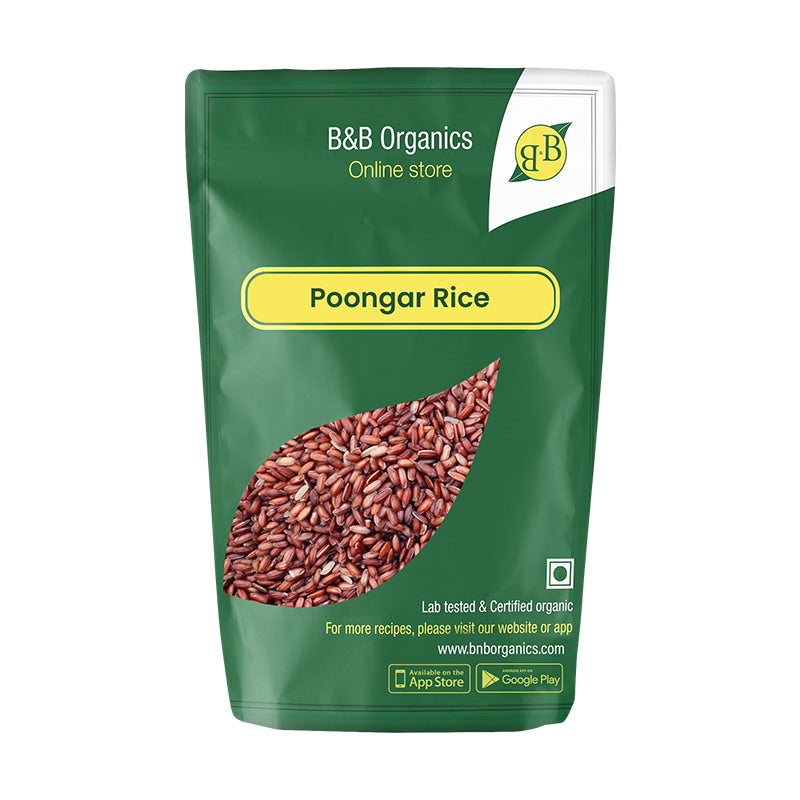Bamboo rice is a type of rice that is infused with bamboo juice during the cooking process. It is known for its unique green color and delicious taste. However, bamboo rice is more than just a tasty treat. In recent years, researchers have found that bamboo rice can improve cognitive function and support brain health.
Bamboo rice is a rich source of nutrients that are essential for brain health. It is high in magnesium, which is a mineral that is essential for maintaining healthy brain function. Magnesium plays a key role in regulating neurotransmitters, which are chemicals in the brain that are responsible for transmitting signals between neurons. Low levels of magnesium have been linked to depression, anxiety, and other mental health issues.
Bamboo rice is also rich in potassium, which is another essential mineral for brain health. Potassium helps to regulate fluid balance in the body, which is important for maintaining healthy brain function. Potassium also helps to support healthy blood pressure levels, which can help to reduce the risk of stroke and other cardiovascular diseases.
In addition to its mineral content, bamboo rice is also a good source of B vitamins. B vitamins are important for brain health because they help to regulate the production of neurotransmitters. B vitamins also play a key role in energy production, which is important for maintaining cognitive function.
Bamboo rice is also a rich source of antioxidants. Antioxidants are important for brain health because they protect against oxidative stress, which can damage brain cells and lead to cognitive decline. Bamboo rice contains a high concentration of a powerful antioxidant called chlorophyll. Chlorophyll has been shown to have neuroprotective properties and can help to prevent age-related cognitive decline.
Recent studies have found that bamboo rice can improve cognitive function in older adults. In a study published in the Journal of Nutrition, Health and Aging, researchers found that older adults who consumed bamboo rice had improved cognitive function compared to those who did not consume bamboo rice. The study also found that bamboo rice consumption was associated with a reduced risk of cognitive decline.
Bamboo rice is easy to prepare and can be used in a variety of dishes. It can be used in place of traditional rice in recipes like stir-fries, salads, and sushi rolls. Its unique flavor and texture make it a popular ingredient in Asian cuisine.
One of the most popular ways to enjoy bamboo rice for brain health is by consuming it as a tea. Bamboo rice tea is made by steeping bamboo rice in hot water. The resulting tea is rich in antioxidants and can help to improve cognitive function.
While bamboo rice is a nutritious and healthy food, it should be consumed in moderation. Like all grains, bamboo rice contains carbohydrates, which can raise blood sugar levels. People with diabetes should consult with their doctor before adding bamboo rice to their diet.
In conclusion, bamboo rice is a unique and nutritious food that can support brain health and improve cognitive function. It is a rich source of essential minerals like magnesium and potassium, as well as B vitamins and antioxidants. Studies have shown that consuming bamboo rice can improve cognitive function in older adults and reduce the risk of cognitive decline. Whether enjoyed in a stir-fry or sipped as a tea, bamboo rice is a delicious and healthy addition to any diet.


